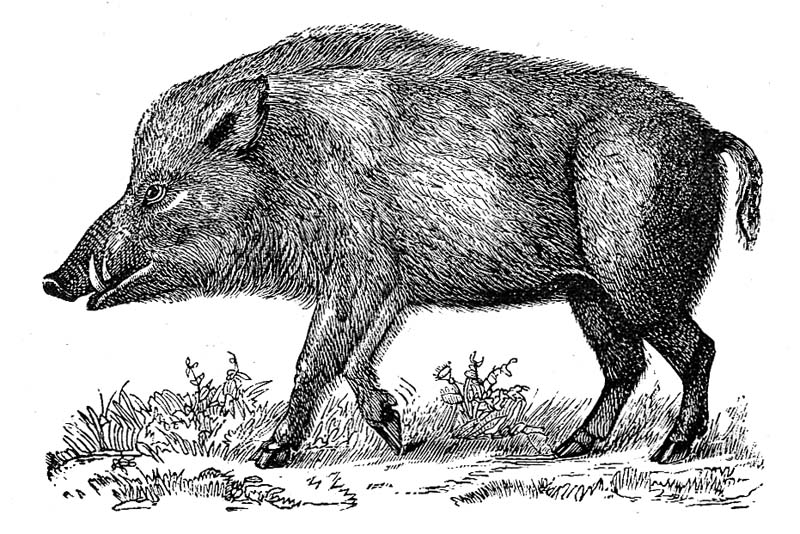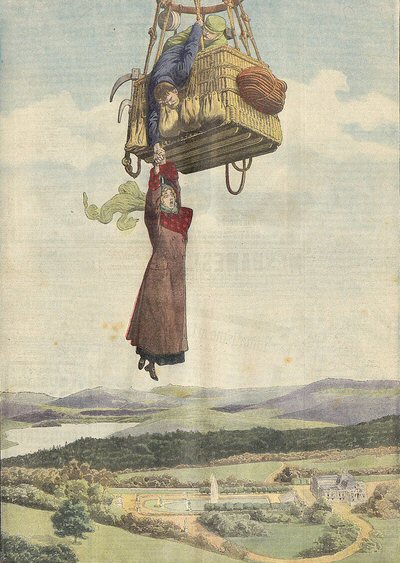“At Nashville, where she was exceedingly popular, [Adah Isaacs Menken] convinced the theatre manager that Shakespeare was her most appropriate fare, and the part of Lady Macbeth one of her shining triumphs. James Murdoch has rewarded posterity with an inimitable pen-portrait of Menken seeking to portray the imperious consort of Macbeth, without knowledge of the words, or even of the appropriate gestures. The day of the performance she came to Murdoch and, with disarming naïveté and frankness, confessed that she knew nothing of the part of Lady Macbeth, nay had a dread of it, but having told the manager she was equal to any of the leading Shakespearean characters, she felt that she must live up to her word.
“Reminded after a preliminary test that not only was she ignorant of the words, but altogether lacking in any preconceived idea of the character, Menken brushed aside Murdoch’s objections with the assurance that all she needed to be shown was where the lines had to be emphasised. The embarrassed tragedian did his best to oblige. A few hours later the curtain went up, and not only did the intrepid actress emerge from the first part of her ordeal without mishap, but scored heavily. True she did not give the audience Shakespeare or, for that matter, any known playwright, but what she did give them, which was pure unadulterated Menken, sufficed. The audience thought her magnificent and elegant. Her exhibition of emotional frenzy and regal scorn sent pit and stalls into paroxysms of applause and, although Murdoch does not say so, we may take it that the fine dark head stretched in queenly command, and those lovely eyes darting contemptuous fire, and that lissom body shaken with exaggerated passion, all helped to thrill the audience. Then Menken’s memory ran out.
“‘From that moment,’ says Murdoch, ‘Macbeth ceased to be the guilty thane and became a mere prompter in Scotch kilt and tartans. For the rest of the scene I gave the lady the words! Clinging to my side, in a manner very different from her former scornful bearing, she took them line by line, before she uttered them, still, however, receiving vociferous applause… until at length poor Macbeth, who was but playing a ‘second fiddle’ to his imperious consort, was glad to make his exit from a scene where the ‘honours’ were certainly not ‘even’ ‘.
Refreshing her memory continuously between the acts, the unbeatable Menken managed to finish the part, and the curtain descended upon what must have been the most remarkable performance of Lady Macbeth within the memory of any member of the company. With singular lack of courage, the management withdrew the play from the bills, forcing Menken back into more accustomed rôles.”
Bernard Falk, The Naked Lady, or Storm Over Adah : A Biography Of Adah Isaacs Menken (1934)




